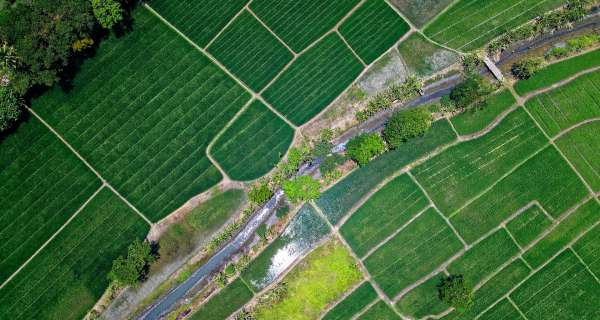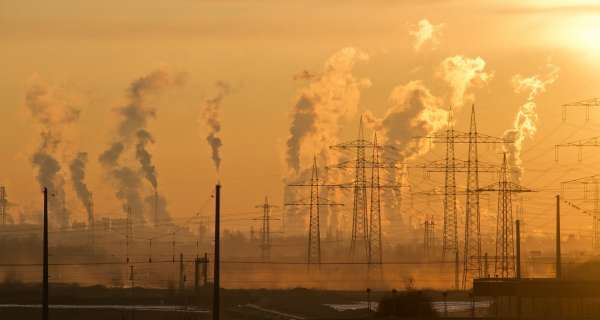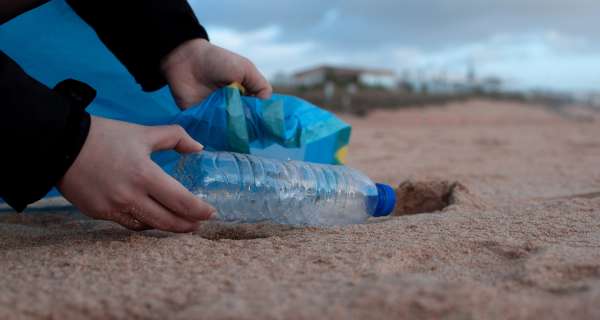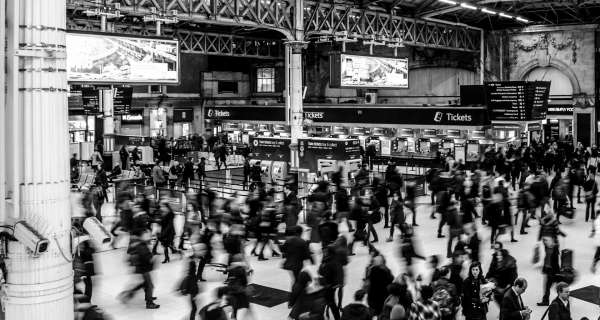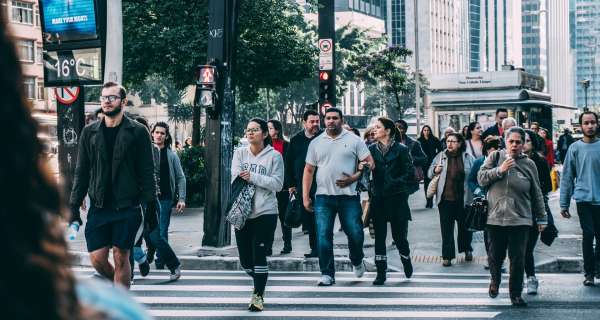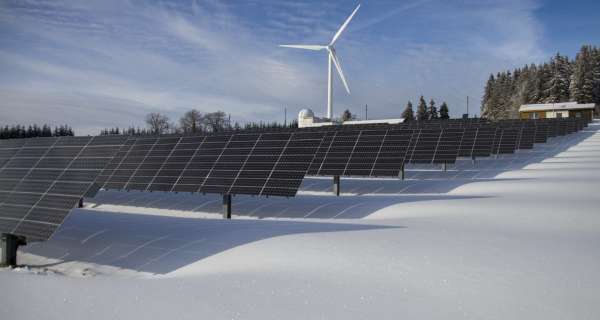Latest News RSS
80% of the world's ocean plastics enter the ocean through rivers and coasts. The other 20% comes from marine sources such as fishing nets, ropes, and fleets. To deal with plastic pollution, we need to know where these plastics come from. Previous studies suggested that a very small number of rivers were responsible for the vast majority of ocean plastics: 60% to 90% of the plastics came from just ten rivers.
Higher-resolution mapping and consideration of factors such as climate, terrain, land use, and distance to the ocean suggest that many smaller rivers play a bigger role than we thought. 1,600 of the largest emitting rivers are needed to account for 80% of plastic inputs to the ocean.
It is estimated that 81% of ocean plastics come from Asian rivers. The Philippines alone contributes about a third of the world total. Since the number of contributing rivers is much larger than previously thought, we will need global efforts to improve waste management and plastic collection rather than targeting just a few of the larger rivers.
Following decades of very fast population growth, there is often concern that population growth is out-of-control: that an end to growth is not in sight.
But we know this is not the case: population growth is slowing and will come to an end. How do we know? The moment in demographic history when the number of children in the world stops increasing is not far away. It is the moment that Hans Rosling famously called ‘peak child’ and it is pre-emptive of the moment in history when the population stops increasing.
Most of the countries of the world are now democracies. The slow increase in the number of democracies in the last two centuries was marked by the First and Second World Wars.
A democracy is a political system with institutions that allow citizens to express their political preferences, has constraints on the power of the executive, and provides a guarantee of civil liberties.
Half of the world’s habitable land is used for agriculture, with most of this used to raise livestock for dairy and meat. Livestock is fed from two sources – lands on which the animals graze and land on which feeding crops, such as soy and cereals, are grown. How much would our agricultural land use decline if the world adopted a plant-based diet?
Research suggests that if everyone shifted to a plant-based diet we would reduce global land use for agriculture by 75%. This large reduction of agricultural land use would be possible thanks to a reduction in land used for grazing and a smaller need for land to grow crops. The research also shows that cutting out beef and dairy (by substituting chicken, eggs, fish, or plant-based food) has a much larger impact than eliminating chicken or fish.
There is a link between good health and political freedom. A study in 2015 shows that countries with the highest democratic index show a reduction in infant mortality.
Aviation counts for about 2.5% of global CO2 emissions, but its overall contribution to climate change is higher. This is because air travel doesn't just emit CO2 - it affects the climate in several more complex ways.
One of the very worst misconceptions about the challenge of climate change is that it is an easy problem to solve. It is not.
Climate policy is exceedingly difficult and the technological challenges are much larger than the electricity sector alone since it is only one of several big sectors that need to be decarbonized. We need change and technological innovation across all these sectors at a scale that matches the problem and the problem is big.
But what the consideration of changing electricity prices has shown is that we have a clear option in front of us where we are able to make very important progress. Low-carbon technologies that were so expensive just a few decades ago that they were only affordable for satellites have come down steadily in price and now provide the cheapest electricity on the planet (which implies that they are now the cheapest source of energy that humanity ever had access to).
Driving down the costs of renewables is key to a green, low-carbon future, but it also has a big benefit for people today: Your real income is the ratio between what you are paid and the price of the goods and services you pay for – that is why falling energy prices means that people’s real income is growing. Falling energy prices means economic growth and less poverty.
The reason we can hope for a future in which renewables are deployed rapidly and where fossil fuel plants become increasingly unprofitable is that renewables follow steep learning curves, and fossil fuels do not. We are heading towards a future in which the disadvantage of fossil fuels will keep increasing.
But limiting climate change is a race against time and we have a long way to go. There is a good chance that the world has reached the peak of greenhouse gas emissions last year. A huge milestone, but the peak is not the goal; we need to get all the way down to net-zero.
The argument for scaling these technologies up sooner rather than later is that we are getting to the low-carbon, low-cost future faster. This ensures that the power plants that will be built in the coming years are not fossil fuel plants but renewables.
This is key to bringing down greenhouse gas emissions fast. And it has the side effects that it saves people from air pollution and it reduces energy prices – which means growing incomes and declining poverty.
Below we present an article about the costs of the different energy options from 2009 to 2019.
Today in the world many countries are presenting the trend that parents spend more time with their children than they used to, partly to changes in social conventions and economic progress, and decreased working hours. It is important to mention that parent-child interactions are important for child development, the next generation of the world.
Although there are large differences between countries, and also large inequalities between different population groups within each country in general trends tend to go in the same direction.
To date, this study presents us with the trend in social responsibility that our future generations will exercise that will be in charge (infants of 10 years) to those who are in charge of our worldwide development (adults 55 years).
The world lacks large-scale, cheap, low-carbon, and safe energy alternatives to fossil fuels. Until we expand those alternatives, the world will continue to face today's two energy problems. The energy issue that receives the most attention is the link between access to energy and greenhouse gas emissions. But the world has another global energy problem that is just as big: Hundreds of millions of people completely lack access to sufficient energy, with dire consequences for themselves and the environment.
